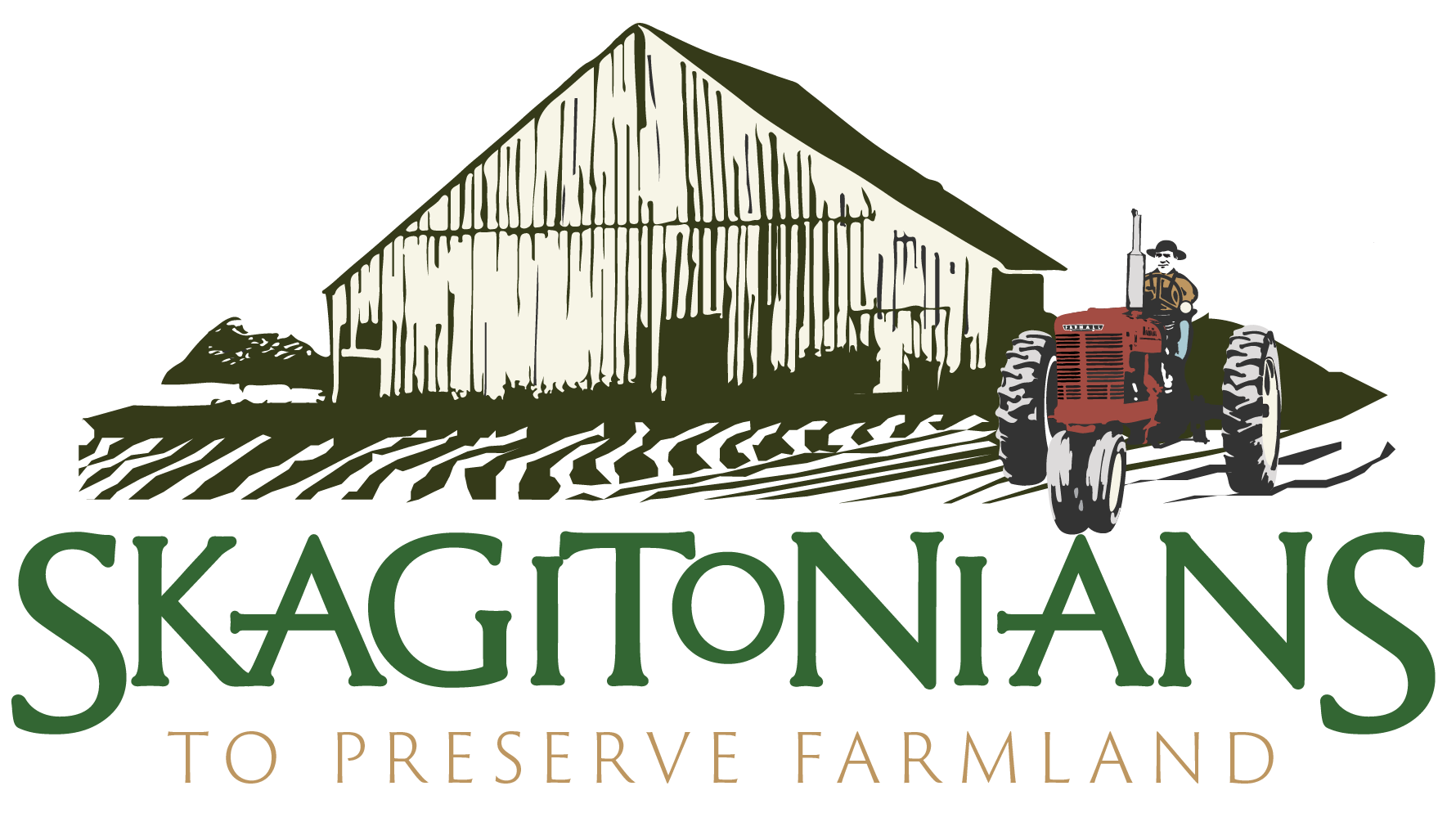The Dirt Issue 44- Off- Farming Income
Farmer Annie Lohman
We all know that farming is a business. A farmer produces food, fiber, fuel, or any combination thereof to yield sales. Those sales generate income. They may even generate profit.
But do they make a living?
Here’s what the government’s Economic Research Service and the USDA say, “90 percent of the farmers in this country rely on an outside job, or a spouse’s outside job, or some independent form of wealth, for their primary income.
”Surprising? Yes, but first let’s have a little perspective. In the U.S., 89% of all farms accrue less that $350,000 in gross cash farm income, known as GCFI. These farms are referred to as small family farms and the key to their potential earnings is that word, small. Farming success is dependent on so many factors, not the least of which is scale. In terms of GCFI, size matters. So too does soil, location, shifting market demands, distribution, and the farmer’s skill. Add to all those unpredictable factors like weather and credit availability and farming is often not a straightforward profit generator.
The time scale is different too.
In previous issues of The Dirt we’ve explored best practices in farming that often include biding time while rejuvenating or building up soil for future better yields. Allowing time to safeguard the soil means the return-on-investment from that effort may not be realized within the same year or even longer. This, as just one example of the time commitment a farmer must make, is one reason why small family farms have to rely on off-farm income.
An Evolving Economy for Farmers
You would never have heard terms like “primary income” or GCFI when European settlers first established farms in the Skagit Valley. In those homesteading times the ideal was be more self-sustaining, yielding enough to provide the family’s basic needs, cover farming expenses, and have enough left over to sell or trade for what couldn’t be generated on the farm. Once farms became established, however, farming became more than self-sustaining. It became a business.
A business characterized by seasonal shifts and periods both lean and bountiful.In the lean times—or farming downtimes—a farmer would seek work elsewhere. It’s no different now for the farmer, but what is different in that the farmer’s spouse often also works off the farm. The desire for off-farm income, however, goes well beyond maintaining cash flow.
Off-farm income, especially from full-time positions, means steady, reliable wages, but it also means benefits that the farm operation may never produce. Benefits such as health insurance and retirement savings are no longer considered perks in our modern world, but are seen as essential in most households. It stands to reason that off-farm income is not only necessary but also often desirable.
In today’s economy, whether farming or not, most households rely on more than one income and, for nearly half the population, more than one source of income per individual. It may be full-time, part-time, gig work, or seasonal work; it may be to pay off debt, build up savings, or learn new skills; the reality today is we nearly all are doing something extra to make it work.
Here’s the good news.
By mingling income streams generated both off-farm and on-farm most farm households have a good opportunity of making a living. Again according to the Economic Research Service and the USDA, reporting on data from 2017, “Median total household income among all farm households ($75,994) exceeded the median for all U.S. households ($61,372).
”What it takes to get there
Here’s the truth. Farming is hard work. Farming in addition to holding down other work is especially hard work. But, we’re talking farmers here. These are people who do the work they do for more than financial considerations. These are people who are willing and able to commit well beyond a standard 40-hour week, often working seven days a week to make a farm pay. These are people who desire more than making a living. Farmers are making a life.

